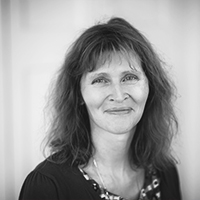

Prof. Carol Evans, University of Exeter
Pro Vice Chancellor
(Learning and Teaching)
Carol is a National Teaching Fellow and Principal Fellow of Advance HE. She has held key influential roles within higher education to include leading the development of the UK International Federation of National Teaching Fellows; chairing the European Universities Association student assessment group, leading the University of Southampton's highly successful Researching Assessment Practices initiative (RAP) and developing Advance HE’s Interdisciplinary Network for Research-informed Assessment Practices (INRAP).
Carol's successful funding bids with Office for Students and Erasmus have been centred on an integrated and inclusive approach to assessment within higher education (EAT).
Carol is passionate about using an understanding of individual differences to inform assessment practices with an emphasis on Equity, Agency, and Transparency.
Recent work has centred on the informed use of data to support learning, as well as developing capacity within higher education through an integrated academic approach.
Her work has emphasised the importance of supporting staff and student agency within higher education through the building of effective collegial and participatory networks that use research-informed approaches to support mindful approaches to enhancing learning and teaching and from holistic and integrated perspectives.
How HEIs harness the affordances associated with AI to support learning for life is critical to the development of truly agentic self-regulatory learners.
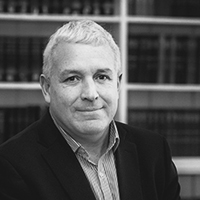

Prof. Joe O’Hara, Dublin City University
Professor in Education
Joe holds the Chair of Education and is Director of the Centre for Evaluation, Quality and Inspection (EQI) at the DCU Institute of Education.
A qualified teacher, his research interests are in the areas of evaluation and quality assurance in education and the wider public service and in the development of research and research cultures in education. He is a member of a large number of research networks and is the current President of the European Educational Research Association (EERA).
High quality education provision requires high quality educational research and the Open University provides a platform for researchers, practitioners and the wider public to produce, engage with and critique emerging ideas, concepts and policies for the benefit of all.
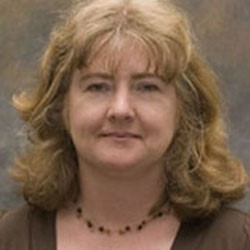
Prof. Mary Wild, Oxford Brookes University
Head of the School of Education
Mary is Head of the School of Education having previously been Principal Lecturer (Student Experience), Senior Lecturer in Child Development and Education, and Subject Coordinator for Early Childhood Studies. Prior to joining Oxford Brookes University, she completed her DPhil at Oxford University, researching the impact of ICT on children's early literacy. She has taught across a range of courses for practitioners and professionals in early years, including the BA Hons degree in Early Childhood Studies, the PGCE, the Advanced Early Years Specialism, MA Childhood Studies and doctoral level supervision.
Mary is a qualified teacher with experience in both the primary and early years sectors and a member of the British Psychological Society, the British Educational Research Association and UCET. She is a member of the National Strategy group for the Early Childhood Studies Degree Network and a patron of the Quest for Learning Charity.
Understanding childhood and education, especially in the early years, is key for the wellbeing, fulfilment and success of individuals and of society as a whole. At a time of tremendous change in so many aspects of our lives it is especially vital to ensure that high quality reflective and research informed texts are available to all who work with or shape the future of our children and our education system.
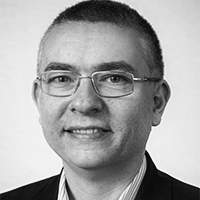

Dr Richard Race, University of Roehampton
Senior Lecturer in Education
Richard is the author of Multiculturalism and Education whose third edition will be published with Open University Press in 2021. Richard's current research expertise and interests include Integration and Education Policy-Making, Decolonising the Curriculum and the Doctoral Research Process.
Driven by evidence-based education research focusing on reflective, theoretical, applied, analytical and critical publications.
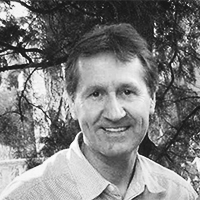

Dr Neil Hall, University of Birmingham
Deputy Director of Education and Lecturer in Social, Emotional and Behavioural Difficulties
A specialist in mental health in educational settings and the quality assurance of learning and teaching in higher education.
Neil aims to develop innovative methods for teaching about mental health and behavioural difficulties to student and qualified teachers.
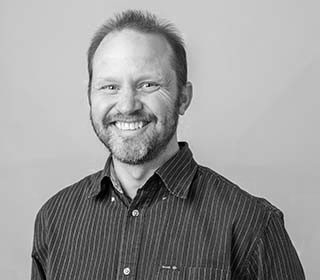

Miles Smith , Plymouth Marjon University
Associate Dean of Education and Programme Lead for Primary Education BA (Hons)
Miles Smith is Associate Dean of Education and Programme Lead for Primary Education BA (Hons) at Plymouth Marjon University, UK. Having worked in the English Language Teaching sector and Primary sector, he has diverse and extensive experience of education in both UK and international settings, as both a practitioner and school leader.
Miles’ pedagogical interests lie in curriculum design in the primary phase, history as a vehicle to support cross-curricular learning, critical consumer education, and literacy. His current research is in the area of history education, participatory methodologies and ethics; he is currently co-researching with children to understand their perspectives on their curriculum learning experience
Dr Eric Addae-Kyeremeh
Head of School for Education, Childhood, Youth and Sport
Dr Eric Addae-Kyeremeh is a Senior Fellow of Advance HE and has teaching and scholarship interests focused within the leadership and management of education, in particular across cultures and contexts. He is also interested in distance learning forms of teacher education in low or middle income countries.
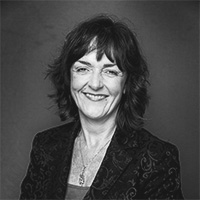

Prof. Fiona Irvine, University of Birmingham
Emeritus Professor
Fiona is a registered nurse and has a master’s degree in health promotion and health education and a PhD in Nursing. She has held various teaching, research and leadership roles in universities in England and Wales. She has a clinical background in District Nursing and in End of Life Care. Fiona’s research expertise is in the delivery of health and social care. A key strand of her work has been to examine the role of specialist and advanced practitioners in improving patient outcomes for long term conditions.
As the first cohorts of student nurses begin the new ‘Future Nurse’ pre-registration programme, we are facing an exciting time in Nursing. These programmes will ensure that nurses are equipped with the right knowledge and skills to provide leadership in care delivery for people with diverse backgrounds and needs, in a range of settings now and in the future.
Nursing has been a graduate level profession for several years now and my aspiration is that nurses are properly recognised as leaders in the delivery of care.
Whilst the Future Nurse curriculum will help to strengthen this position, registered nurses must also continue to develop their knowledge and skills and remain informed about changing health care challenges. Nurses will need to continue using research and evidence to think critically and to inform their judgements and decisions in the management and delivery of care. This is key to ensuring that nurses are acknowledged as pivotal in influencing the delivery of healthcare and improving the quality of patient care.
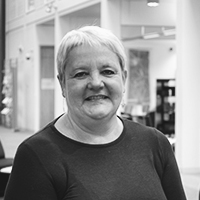

Dr Sarah Vicary, Open University
Associate Head of School, Nations
As an experienced practitioner and academic Sarah’s interests lie in work with adults, especially mental health. Sarah’s practice roles have included frontline social work posts such as an Approved Social Worker under the Mental Health Act, 1983, the development, creation and management of an innovative multi-disciplinary mental health crisis service and service manager for inner city emergency mental health services.
Moving into academic posts in early 2000, Sarah is now Associate Head of School, Nations, holding strategic and operational responsibility for academics based in all nations of the United Kingdom in health and social care, social work, nursing and other professional programmes.
Sarah is widely published in many areas of mental health, professional identity and the history of social work.
Practitioners’ understanding of and research into professional roles is a current a focus for social work and its future. Sarah’s research explores the impact, if any, of professional background on the accomplishment of social work especially reassigned roles following amendments to legislation, a second major focus of development in social work.
Dr Chris Kubiak, Open University
Senior Lecturer (Learning, Teaching and Innovation)
Chris works in the School, Wellbeing and Social Care, with a particular interest in the construction of practice, practice-based learning, pedagogy and care. He is a senior fellow of the Higher Education Academy.
Chris sees practice-based issues and professional learning remaining central to service quality and practitioner satisfaction in the future.
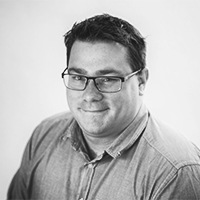

Mr Tom Walvin, University of Plymouth
Lecturer in Adult Nursing
Tom is an experienced Emergency and Cardiology Nurse. As a lecturer, he focuses on teaching of clinical simulation especially around resuscitation, deteriorating patients and emergency care; as well as teaching Biology, Pathophysiology and Pharmacology.
Tom continues to practice as often as possible.
He wants to uphold and improve the future of nursing education; and ensure that modern, intelligent and skilled Registered Nurses underpin healthcare in the UK.
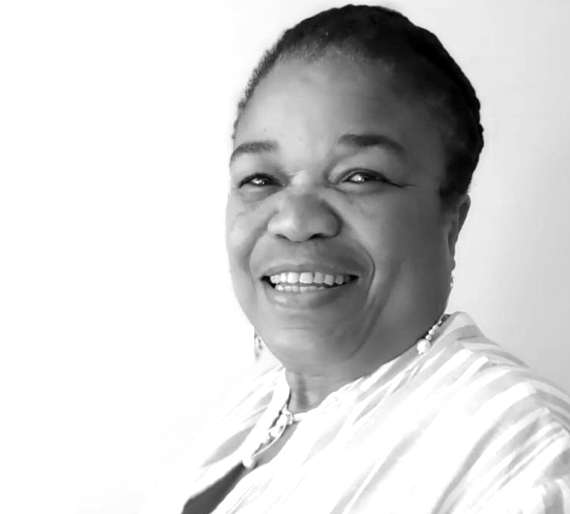
Maurina Baron, Middlesex University
Senior Lecturer in Midwifery, Middlesex University, and Vice President - CNMA(UK)
Maurina is an experienced midwifery academic with a track record of delivery high quality midwifery practice and teaching. Maurina held several clinical Nursing/Midwifery posts before moving into higher education. Her interests are numerous but have particular interest in pregnancy and early foetal loss; domestic violence; social and cultural issues associated with childbearing in the African-Caribbean population; mentoring; coaching and healthcare management.
Midwifery encapsulates everything unsolicited and uncoerced. A genuine and pure vocation which will always have my full commitment to its future.
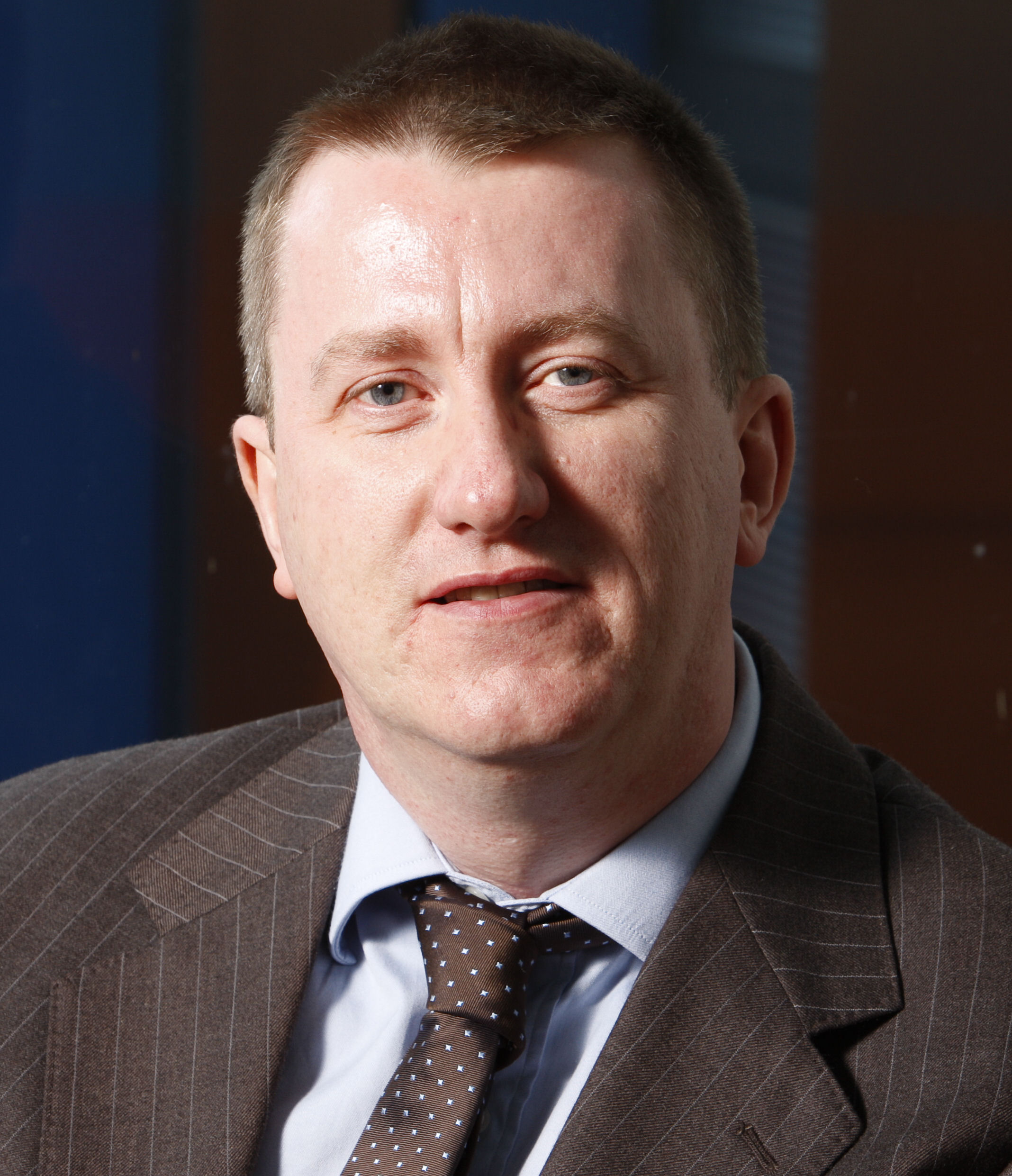

Marc Cornock, Open University
Senior Lecturer in Healthcare Law
Marc Cornock is an academic lawyer and senior lecturer at The Open University and has a professional interest in how law and regulation affect health care practice and health care professionals. He has researched and published extensively in this field and lectures on the interface of law and health care to various professional groups.
Marc sees health law and regulation as an important if sometimes neglected aspect of patient care and safety. He hopes to see these integrated into professional discourse to underpin professional practice.

Dr Brendan Greaney, King’s College London
Senior Lecturer in Nursing Education – Adult Nursing
Florence Nightingale Faculty of Nursing, Midwifery & Palliative Care
Dr Brendan Greaney has been in Higher Education for 20 years, with 12 years Clinical nursing experience in Critical Care, Coronary Care/Cardiology, Emergency Medical Admissions and Cardiothoracic Surgery. Previously an Assistant Professor at Coventry University role teaching across undergraduate, postgraduate nursing courses and international courses as well as Course Director for an International BSc Nursing Top Up degree. Awarded a PhD from the University of Birmingham in 2018; case study focusing on the experiences of nursing students/registered nurses with dyslexia. Dr Brendan Greaney is currently a Senior Lecturer in Nursing Education at King's College London.
Nursing has developed and evolved as a profession exponentially in recent years giving nurses many opportunities to use enhanced skills in both leadership and clinical practice and advancing clinical knowledge to enhance their significant contribution to the assessment, care, treatment and management of patients.
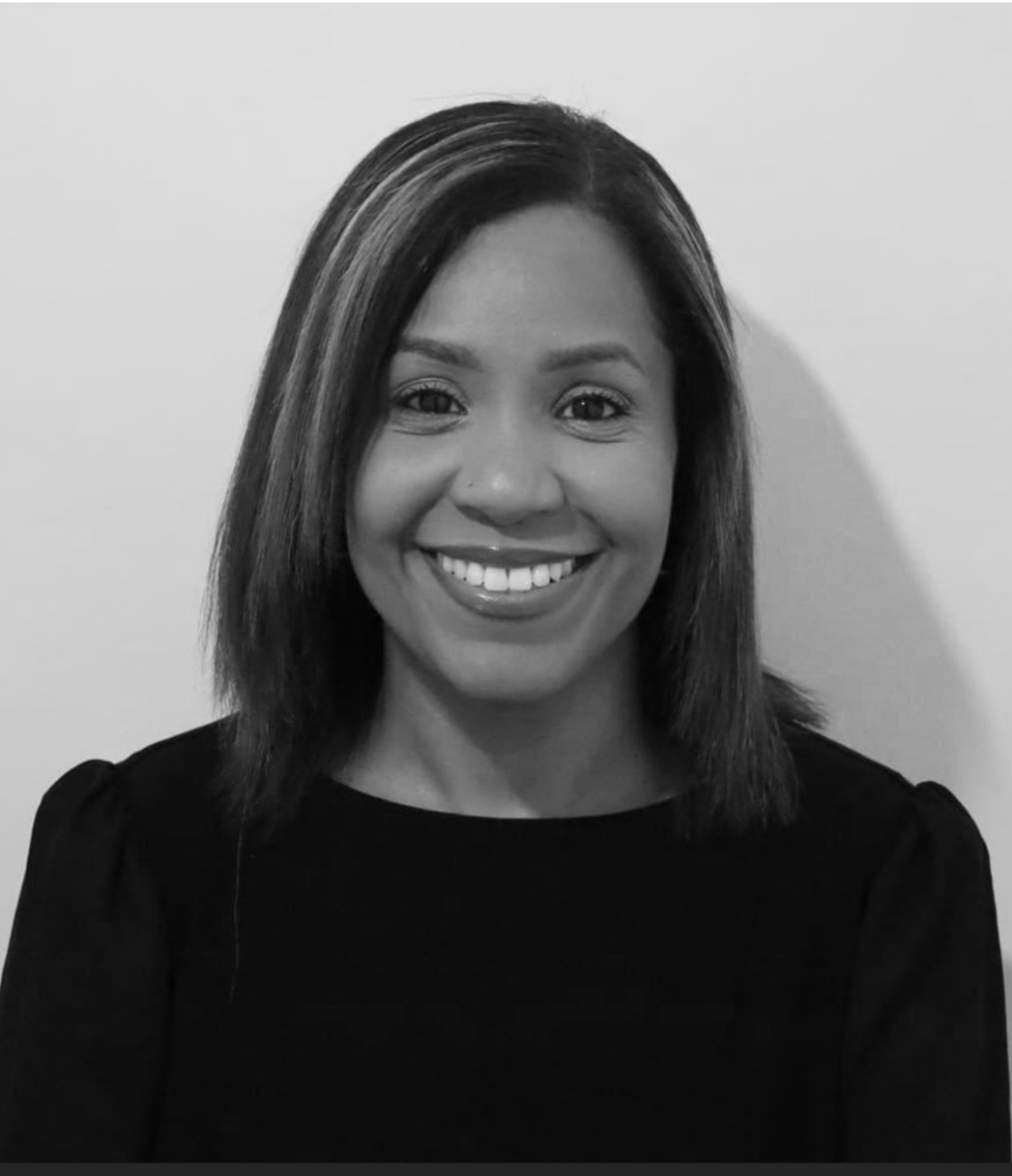
Kalimah Ibrahiim
Associate Professor in Occupational Therapy, Buckinghamshire New University.
Kalimah is an Associate Professor in Occupational Therapy, a Public Health Specialist and a member of the Senior Leadership Team within the School of Health and Social Care Professions and Programme Lead at Buckinghamshire New University.
She was elected to serve as the Council Member for England and Chair of the England Board at the British Association of Occupational Therapists (BAOT) and Royal College of Occupational Therapists (RCOT). She is a member of the Health and Care Professions Council Equality, Diversity and Inclusion Forum and a Fellow of the Royal Society of Public Health and Higher Education Academy.
With over a decade of working in various clinical areas, including the NHS (acute, community and mental health), social care, public health, prisons, quality improvement and private practice, as well as teaching and research. She obtained a Master's degree in Public Health and is currently completing a doctorate in public health. Her specialist interest and research include health policy and systems research, prisons, digital and health literacy, social transformation and community co-creation. The primary aim of her work is to address the needs and challenges faced by marginalised communities, as they all play an essential role in addressing health inequalities and fostering equity and social justice. In addition, she is particularly interested in exploring non-traditional and role-emerging student placements to introduce novel approaches to education and workforce development. Her doctoral research focuses on digital literacy as a means to enhance the skills of young people who are not engaged in education, employment or training.
Kalimah is motivated to develop a comprehensive occupational therapy course that fosters diversity and inclusivity. Her objective is to actively contribute to contemporary discourse and critical perspectives in health policy and systems while promoting the growth of a diverse and skilled health and care workforce capable of efficiently addressing the needs of the communities we are dedicated to serving.


Dr Joseph Allison, University of Plymouth Lecturer in Clinical Education
Plymouth University Marjon Visiting Lecturer in Arts, Humanities and Social Science
Plymouth Marjon University Role: Postdoctoral Researcher
Joe has been working in higher education for more than 12 years, initially as a learning developer, working with students and staff in developing student’s academic skills, and more recently, for the past five years, as the manager of this team. Whilst over the years he has worked across the University with students and staff from all programmes and levels, his most recent focus has been in Medicine and Health related programmes, Education and postgraduate study.
Joe's recent doctoral thesis explored critical thinking in different discipline areas, looking at its understanding, teaching and application.
As the former Manager of Learning Development and Peer Learning at the University of Plymouth, Joe very much intends to stay working with and in the higher education sector; in writing himself, helping develop the writing of others, as well as creating resources to this effect. Joe sees the position of Editorial Advisory Board member as a great opportunity for applying his skills and knowledge more widely, without being bound by institutional affiliation.
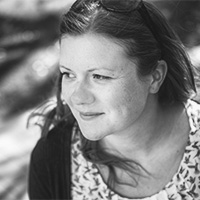

Mrs Christie Pritchard, University of Plymouth
Head of Educational Development
Christie's research and practice in the Higher Education landscape focuses on students' experience of the culture, academic demands and transitions into, through, and beyond university study. She has a particular interest in designing and developing spaces around academic literacies which encourage dialogic, collaborative pedagogy.
Christie is interested in how political uncertainty will continue to impact and change the nature of studying at university. Including what this means for the students we work alongside, the changing role of universities in society, and the ways in which we can support students to navigate their studies in this turbulent context.
Prof. Gina Wisker, University of Bath, UK, University of Tromso, Norway, and The Open University, UK
Associate Professor Supervising Doctoral Students, Developing Doctoral Supervisors and Associate Lecturer of Literature
Gina is an Associate Professor at the International Center for Higher Education Management, supervising doctoral students at the University of Bath, as well as Associate Lecuter for the Open University. In addition, Gina is Emeritus Professor and the former Head of Centre for Learning and Teaching at the University of Brighton, UK, previously Anglia Ruskin University. She has worked in educational development for over 25 years, and in 2005 was awarded a National Teaching Fellowship for her work in learning support.
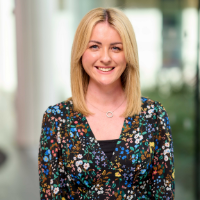

Charlotte Pennington, Aston University
Lecturer in Psychology
Dr Charlotte Pennington is a Lecturer in Psychology at Aston University, Birmingham. Her research-led teaching spans the areas of experimental social psychology, health, research methods and statistics. Charlotte is an expert in Open Science and is the author of the Open University Press book titled: “A Student's Guide to Open Science: Using the Replication Crisis to Reform Psychology”.
Nollaig Frost, University College Cork
Adjunct Professor
Nollaig is a psychology researcher and lecturer with key research interests in mental health and help-seeking, effects of trauma across the lifespan, and agency and identity in motherhood.
With a keen interest in qualitative pluralistic research methodology, she has expertise in a range of methods and use these to bring multiple methodological perspectives to the exploration of human experience and relationships.
As a feminist psychologist, Nollaig is keen to support and advance the inclusion of different ways of understanding how and why humans behave in the ways that they do.
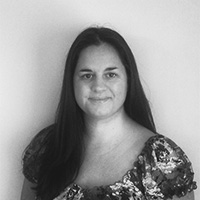

Debbie Riby, Durham University
Professor of Developmental Psychology
Debbie is a developmental psychologist primarily interested in social cognition and social behaviour in children following varying neurodevelopmental pathways, including those with a diagnosis of Autism or Williams Syndrome. She takes a multi-methods approach to study signatures of typical and atypical development and aims to impact both theory and potential interventions.
Debbie is motivated to support families of children with a range of additional developmental needs and this is why she thinks it is important for developmental psychologists to ensure their work has real world significance beyond the lab.
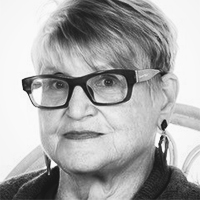

Prof. Wendy Stainton Rogers, Open University
Professor Emerita
Wendy spent most of her 30+ years at the Open University working broadly in Health, Wellbeing and Social Care. In addition to her 'day job’ she has maintained her engagement with and contributions to critical health psychology, critical feminist approaches to social psychology, and qualitative research methods and theories.
For many years Wendy has been concerned about Psychology’s capacity to undermine human welfare and has been notoriously critical of its values and ethics. Her focus is now increasingly about how to support the ingenuity being applied to make Psychology more productive and supportive of people’s wellbeing. She is particularly impressed by the way psychologists are moving on from largely Othering and scapegoating ‘deviant’ groups and doing them harm, to actively seeking to be fair, humane, accessible and inclusive.
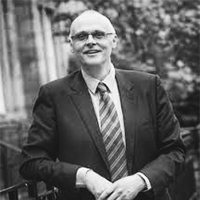

Prof. Graham Towl, Durham University
Professor of Forensic Psychology
Graham is an expert on prisoner suicide and also student sexual violence. He was formerly Pro Vice Chancellor at Durham University. Prior to arriving at Durham, he was the Chief Psychologist at the Ministry of Justice and he has practitioner experience in prisons and psychiatric hospitals.
He is interested in championing diversity within forensic psychology, both in terms of providing a home for critical new perspectives on the field, and in terms of increasing access and participation in the field to a broader range of demographics.
Rachel Tribe, University of East London
Professor Rachel Tribe is a chartered organisational and chartered counselling psychologist who also holds an MBA and has qualifications in training and marketing. She is a Fellow of the British Psychological Society and a registered HCPC Psychologist. She has experience of working in the private, public, charity and academic sectors.
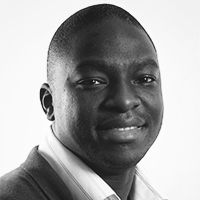

Dr Divine Charura, Leeds Beckett University
Course Director, Postgraduate courses in Psychological Therapies and Mental Health
Divine is a chartered psychologist, counselling psychologist and UKCP registered psychotherapist. Divine currently works as a course director for psychological therapies and mental health postgraduate courses at Leeds Beckett University, UK. As a practitioner psychologist and psychotherapist, Divine’s areas of interest in counselling psychology and psychotherapy include relational psychotherapy, working with psychological trauma, attachment and love in child development and across the lifespan, the therapeutic relationship, working with couples and families, issues of difference, diversity and social justice.
Divine is also interested in supervision and facilitating learning for practitioner psychologists, psychotherapists, counsellors and other mental health professionals.
Divine’s focus for the future of the field is to support and contribute to practice-based evidence and texts that offer perspectives and evidence, which contemporary therapists can relate to in informing and enhancing their clinical practice.
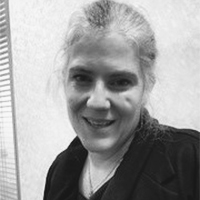

Dr Naomi P. Moller, Open University
Senior Lecturer
Trained as a counselling psychologist, her main role is as a university academic; while also having a role as a research consultant for the British Association for Counselling and Psychotherapy and seeing a small number of clients through a charity near her house. Naomi’s academic and research interests are broad and include: research methodologies in counselling and psychotherapy; relationships and couple and family therapies; and the experience of diverse and marginalised populations in therapy.
In the current social and funding climate, the long-standing research-practice gap is significant; Naomi is am motivated by the need to equip counsellors and psychotherapists to both conduct and critically evaluate research in the field so as to improve practice/outcomes for clients and to enable the profession to demonstrate its strengths to external audiences.
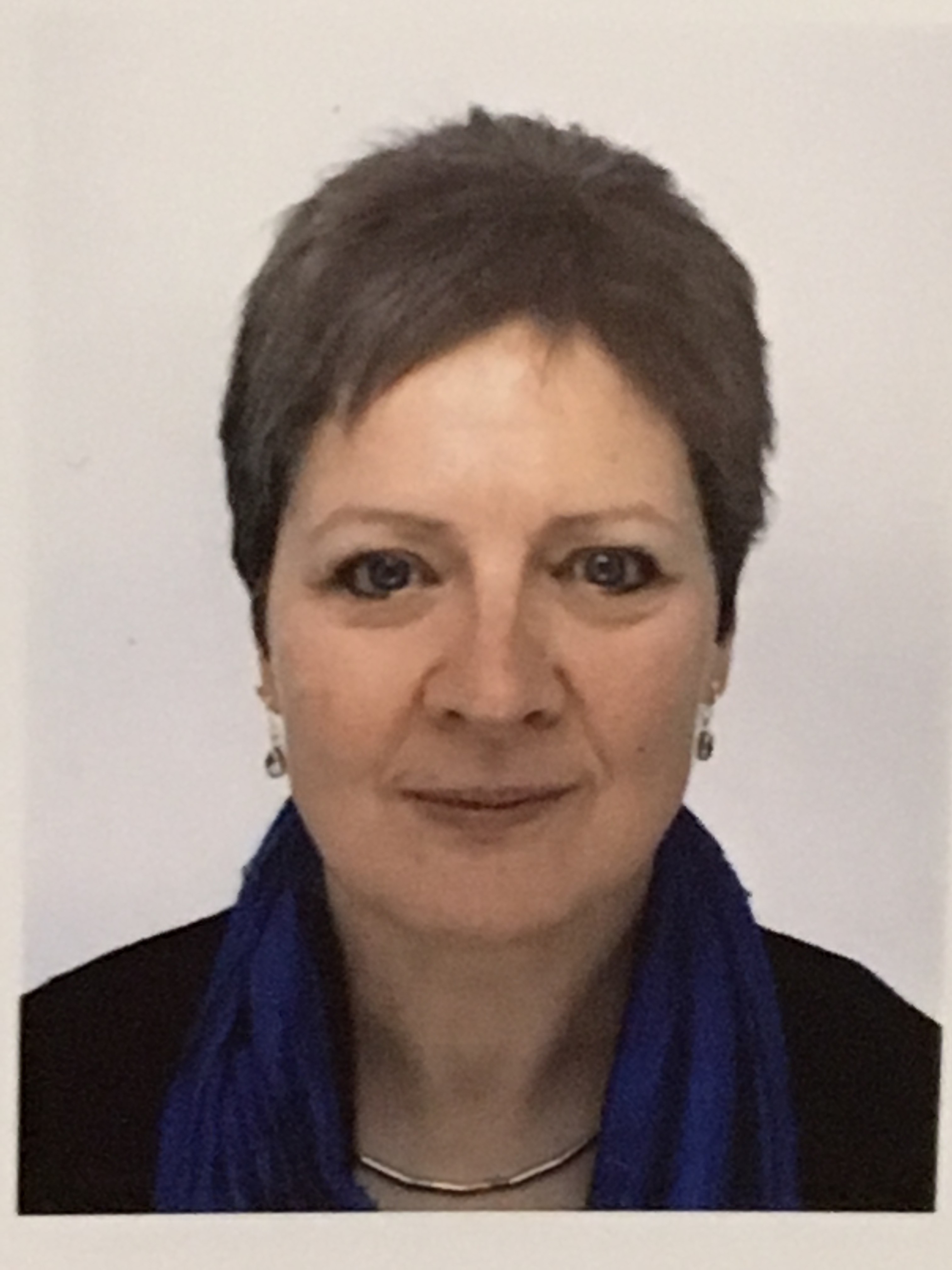
Dr Di Hodgson, Metanoia Institute
Head of the MSc in Gestalt Psychotherapy
Di is a national and international trainer and external examiner in Gestalt Psychotherapy. Her particular expertise and interests are in understanding core beliefs; how we use our voice; and how difference, diversity and gender impact our work. Di is a UKCP registered psychotherapist and clinical supervisor.
She is keen to bring insights and benefits of Psychotherapy to a wider audience.
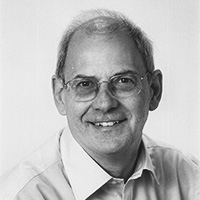

Prof. David Clutterbuck, EMCC
Special Ambassador
David is one of the few remaining original pioneers of coaching and mentoring. He is visiting professor at four universities and author of more than 70 books. He was recently given an award as No 1 influence on coaching in Europe.
Most of the world’s problems could be solved rapidly, if people engaged in genuine dialogue and were willing to learn from each other — coaching and mentoring are the keys to the door of dialogue.
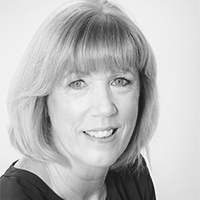

Ms Gina Lodge, AoEC
CEO
Drawing on 20 years of management expertise, Gina is an accredited coach with a special interest in one-to-one executive and team coaching. An advocate for the use of coaching, Gina champions excellence in people management, leadership development and agile business.
Gina believes every organisation can crack the code of sustainable and lasting success by putting people, purpose and meaning at the heart of their business.
